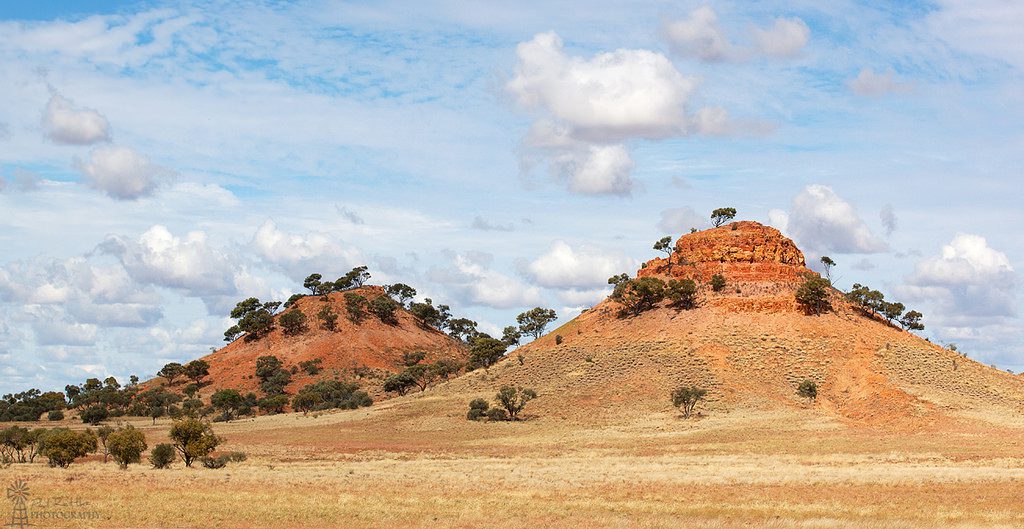Australia state to roll out new mine rehabilitation rules

MELBOURNE, Nov 8 (Reuters) – Australia’s Queensland state is set to unveil proposed resource regulations next week that will require miners to pay into an “insurance fund” for the remediation of old mines.
The regulations, if enacted, will impact the likes of BHP Billiton , Rio Tinto and Glencore, which all have operations in the mineral-rich state. The new rules would be the most significant reform of the state’s rehabilitation framework in nearly two decades, the Queensland government said.
“I’m confident this legislation strikes the right balance for the environment and the resources sector, while ensuring resource companies, not taxpayers, foot the bill for the rehabilitation of failed mines or stranded assets,” Deputy Premier Jackie Trad said in a statement.
“All miners (will) have to pay into what is essentially an insurance fund to ensure that mine rehabilitation … happens in Queensland and we don’t leave a legacy for future generations where there are abandoned mines,” she told local radio.
Queensland is one of the largest seaborne exporters of coal in the world, and is also in the world’s top five regions for producing zinc, lead, bauxite – which is made into aluminium – and silver.
The amendments to the regulation, first proposed in October 2017, will be introduced into parliament for debate next week.
Top global miner BHP Billiton Chief Executive Andrew Mackenzie said the company had been in protracted consultations with the state government over the issue.
“We have found it a relatively sensible debate and clearly we are not in support of everything that is being proposed, but we actually feel listened to and we understand why we have to have the discussion.”
“We have found it a relatively sensible debate and clearly we are not in support of everything that is being proposed, but we actually feel listened to and we understand why we have to have the discussion,” Mackenzie told reporters during a briefing following the company’s AGM in Adelaide on Thursday.
Queensland’s resources sector adds more than $55 billion to the state’s bottom line and contributes more than $4 billion in royalties, according to the Queensland Resources Council.
Shane Goodwin, head of corporate affairs at Australia’s New Century Resources, which is currently remediating what was once the world’s biggest zinc mine by reprocessing waste material and exporting it, said the legislation was supportive for the industry and for smaller miners.
Among amendments the state was considering was allowing some miners to post insurance bonds in place of large cash holdings, which are particularly painful for small to medium size players in the capital intensive industry.
“This new legislation from our perspective is very beneficial and for the whole industry is beneficial as well,” Goodwin said.
(Reporting by Melanie Burton; Editing by Tom Hogue)
{{ commodity.name }}
{{ post.title }}
{{ post.date }}




Comments